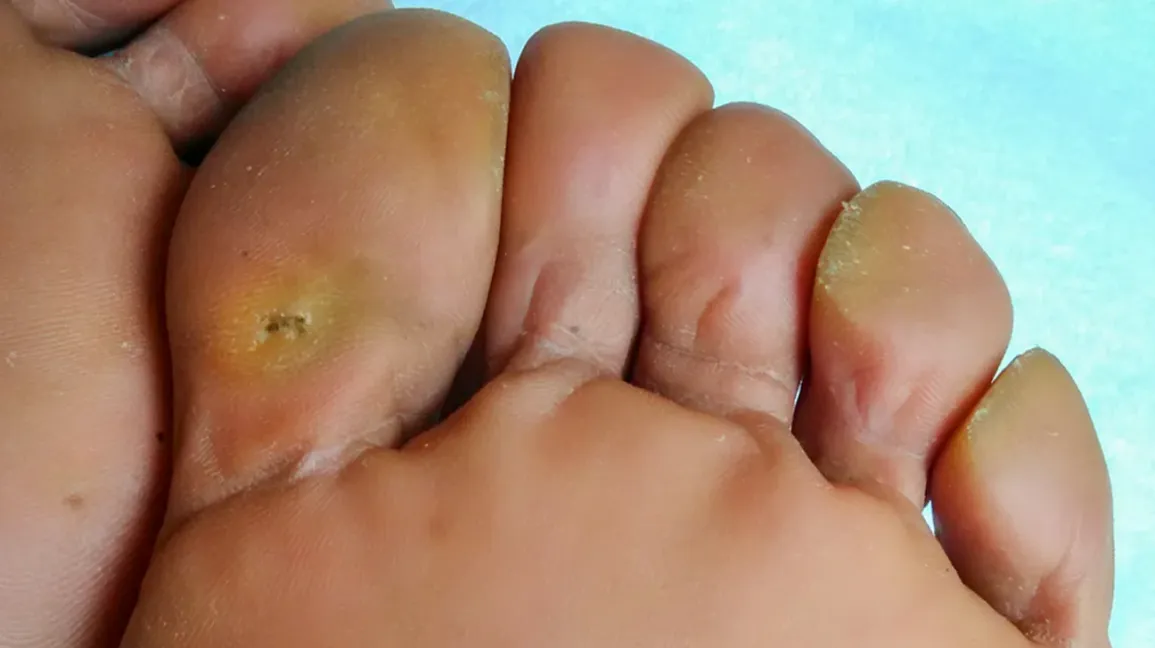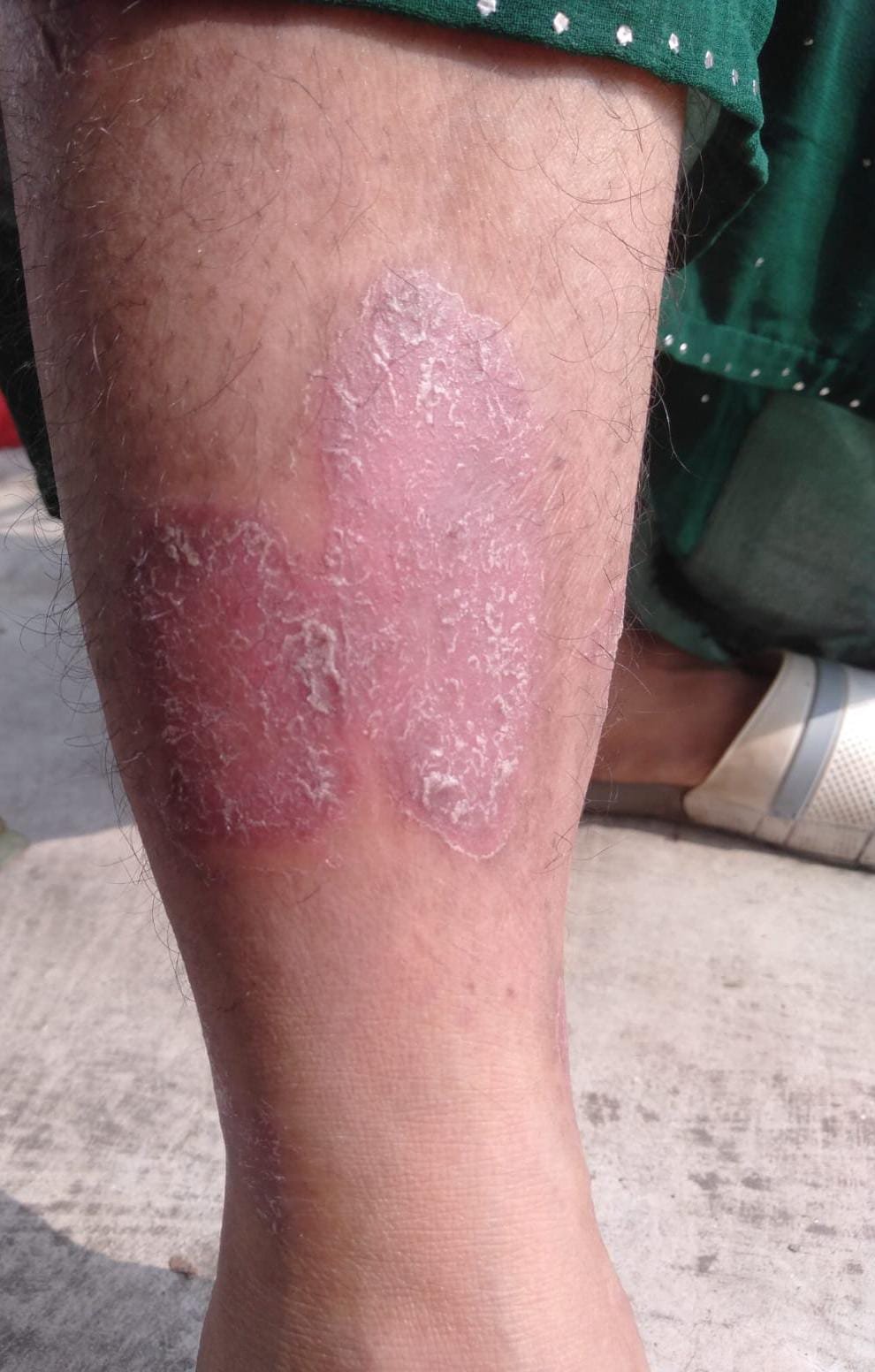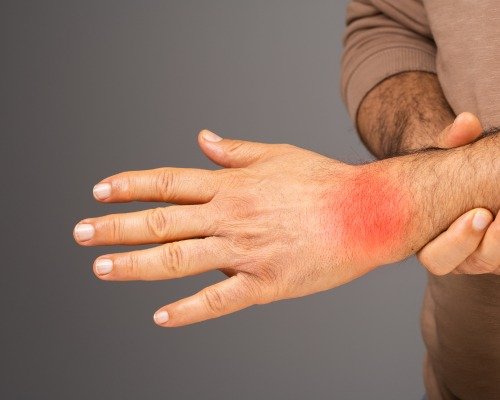HELOMA OR CORNS
Corns are thickened, hardened layers of skin that develop due to repeated friction, pressure, or irritation. They typically form on the feet, especially over bony areas or areas of excessive pressure. Corns can be painful and affect walking if not managed properly.
CAUSES OF CORNS
1.Ill-Fitting Footwear: Tight or loose shoes create constant friction.
2.Repeated Friction or Pressure: From activities like walking or wearing hard shoes.
3.Foot Abnormalities: Bunions, hammertoes, or other deformities increase pressure points.
4.Improper Gait: Uneven weight distribution leads to localized pressure.
5.Manual Labor: Using tools repetitively without gloves can cause corns on hands.
SYMPTOMS
1.A hard, thickened patch of skin.
2.Pain or tenderness, especially with pressure.
3.A raised, round, and firm bump.
4.Dry, flaky, or waxy appearance.
5.Discomfort during walking or wearing shoes
MANAGEMENT OF CORNS
Soaking: Warm water soaks soften the corn for easier removal.
Exfoliation: Use a pumice stone to gently remove thickened skin.
Moisturizers: Prevent further hardening by keeping the area hydrated.
Corn Pads: Reduce friction and pressure on affected areas.
Orthotics: Correct foot deformities to distribute pressure evenly.
PREVENTION OF CORNS
1.Proper Footwear: Wear shoes that fit well and provide ample cushioning.
2.Regular Foot Care: Keep feet clean, moisturized, and free of dead skin.
3.Protective Padding: Use cushioning in high-friction areas.
4.Avoid Prolonged Pressure: Take breaks when standing or walking for long periods.
5.Address Structural Issues: Seek professional help for foot deformities
Some wonderful medicine for effective treatment of Corns
1.ANTIMONIUM CRUDUM
Best for hard, thickened corns with tenderness and inflammation.
Corns surrounded by callosity, worsened by pressure.
2.CALCAREA FLUORICA
For hard, indurated corns and calluses.
Prevents recurrence of corns after removal.
3.SILICEA
Ideal for soft corns, especially between the toes.
Accompanied by pus formation or infection.
4.GRAPHITES
Effective for corns with cracks, bleeding, or moisture.
Often used for corns on dry, thickened skin.
5.NITRIC ACID
For corns with sharp, splinter-like pain.
Painful even to slight touch and pressure.
6.THUJA OCCIDENTALIS
Used for horny, thickened corns or those with warty growths.
Prevents recurrence of stubborn corns.
7.SULPHUR
Suitable for burning corns, especially those that worsen in heat.
Helpful for dryness and peeling skin around corns.
8.LYCOPODIUM CLAVATUM
Deep-seated corns that are very painful.
Reduces inflammation and promotes healing.
Dosage should be tailored to the individual and advised by a qualified homeopath.
Topical application of remedies like Thuja ointment can complement internal treatment.


